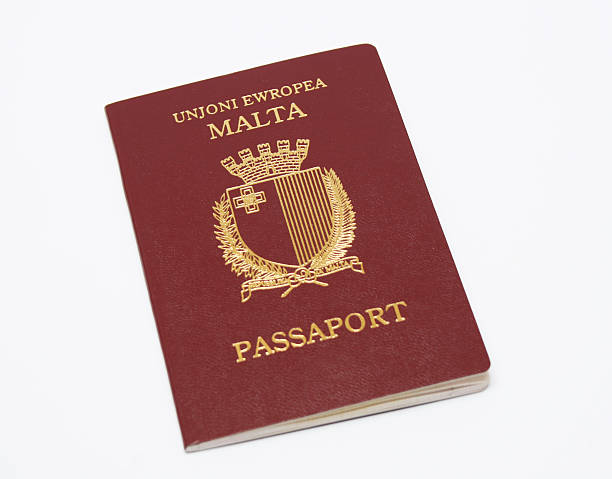Commission v. Malta, Case C-181/23, CJEU (Grand Chamber), 29 April 2025

In Case C-181/23, Commission v. Republic of Malta, the ECJ ruled on the compatibility with Union law of the citizenship-by-investment scheme established by the Republic of Malta allowing the acquisition of Maltese nationality through, inter alia, predetermined financial contributions (between €600,000 and €750,000), the purchase or lease of residential property, donations to philanthropic entities, and minimum legal residence requirements reducible from three years to twelve months upon additional payment. In the infringement proceedings brought under Article 258 TFEU, the European Commission argued that such a scheme undermined the essence of Union citizenship, as the procedure lacked an assessment of the existence of a genuine link between the applicants and the Member State.
The judgment of the ECJ addresses the relationship between the competence of the Member States concerning the acquisition and loss of citizenship and the obligations incumbent upon them under Article 20 TFEU which establishes Union citizenship as a corollary to the possession of Member State nationality and Article 4(3) TEU which enshrines the principle of sincere cooperation. Citing some selected, well-settled, caselaw on citizenship—including Micheletti and Rottmann—the Court first recalled that, while the determination of the conditions for the acquisition and loss of citizenship falls within Member States’ competence, nonetheless such competence must be exercised in compliance with Union law. The citizenship of the Union, as the fundamental status of the nationals of the Member States, relies upon a special relationship of solidarity and loyalty characterised by reciprocal rights and duties between the State and its citizens. Accordingly, the Court held that Member States cannot establish naturalisation programmes based on transactional procedures that amount to the commercialisation of national citizenship and, by extension, Union citizenship. In particular, while assessing the programme established by the Republic of Malta, the Court found that payments and investments play a decisive role in the final decision on the grant of citizenship, while other requirements, particularly that of prior residence, do not ultimately alter the inherently commercial nature of the programme. Indeed, the ruling emphasises that the programme was publicly presented as offering the advantages flowing from Union citizenship, thereby exploiting the rights attached to such status to promote the procedure established therein.
The judgment in Commission v. Malta, addressing a classic theme of Union law, introduces a significant new principle that limits the discretionary exercise of Member States’ competence in citizenship matters: the grant of citizenship by a Member State cannot dispense with prior verification of the existence of a “genuine link” between the applicant and the State and that those who have no genuine link with the Member State “are thus manifestly outside the class of persons which the authors of the Treaties intended to be beneficiaries of Union citizenship, is in contradiction with the very essence of the status of Union citizenship”. In reaffirming the limits on the exercise of national competence, the judgment concludes that the citizenship-by-investment scheme established by the Republic of Malta are incompatible with EU law as it infringes Articles 20 TFEU and 4(3) TEU.
(Comment by Valeria Salese)

